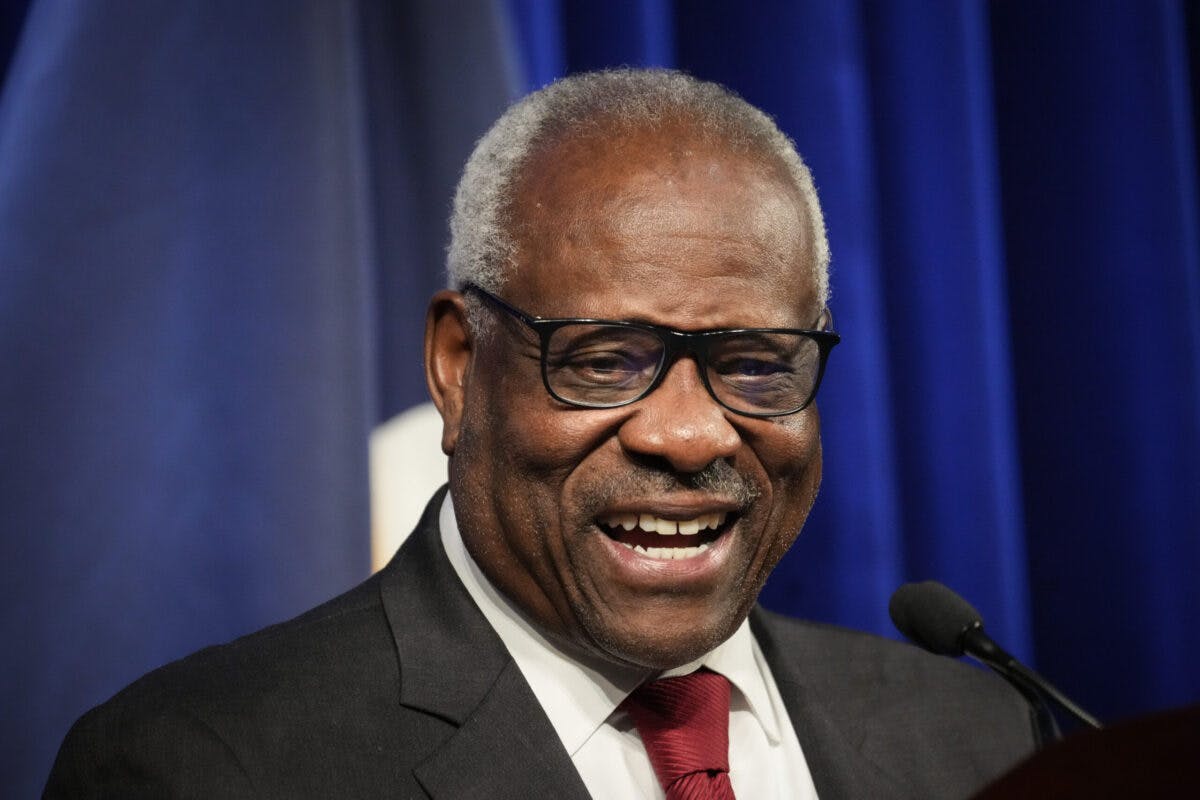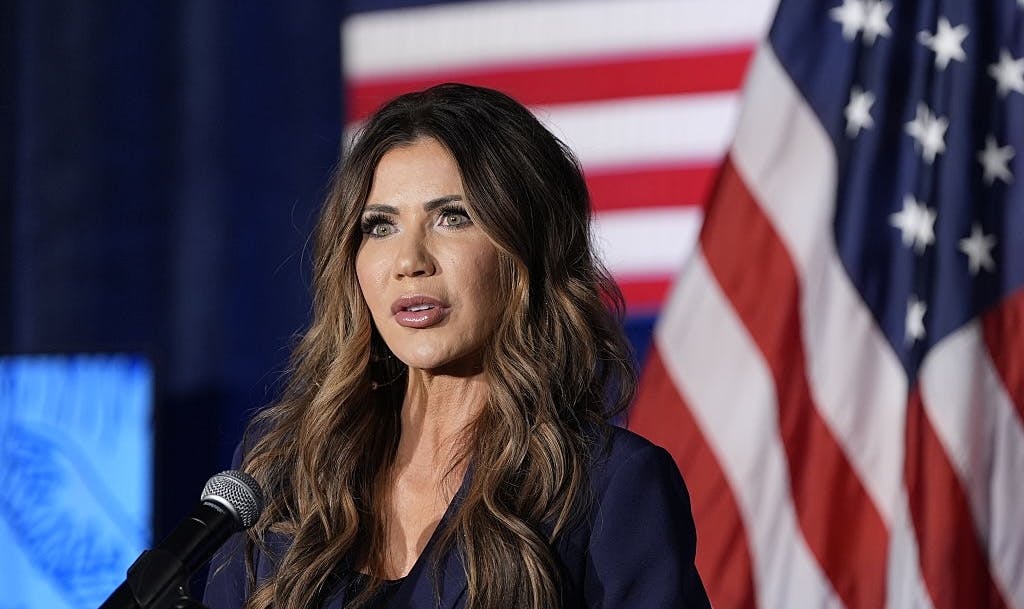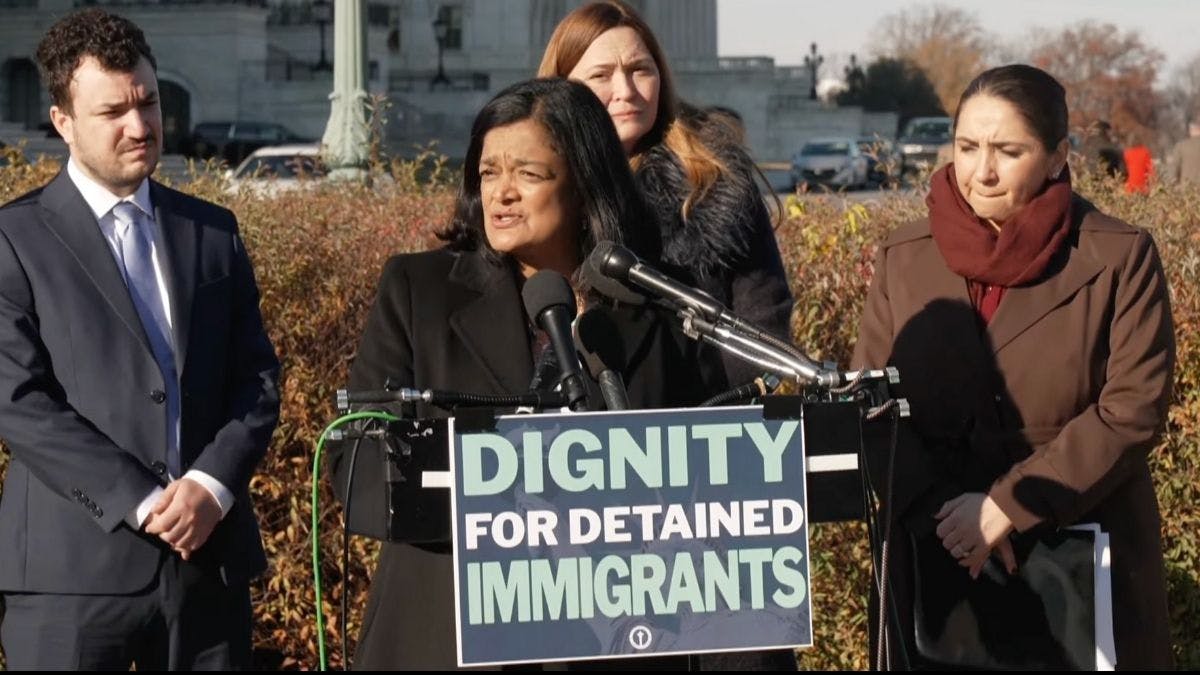Supreme Court Rules Unanimously In Favor Of Back Pay For Disabled Vets

The Supreme Court on Thursday unanimously ruled that disabled veterans were entitled to retroactive compensation.
The case, Soto v. United States, began as a class action lawsuit led by Simon Soto, who served in the Marines for six years until he was medically retired. Soto served for part of this time in Mortuary Affairs, where he was “assigned to ‘search for, recover, and process the remains’ of war casualties.’” He struggled to return to civil life and was later diagnosed with a 100% disability rating for post-traumatic stress disorder by the Department of Veterans Affairs (VA), signifying “[t]otal occupational and social impairment.”
Soto applied for combat-related special compensation (CRSC), which is intended to offset the portion of retirement pay veterans are required to waive in order to receive disability benefits from the VA. Originally available only to veterans with 20 or more years of service, Congress extended special compensation to all veterans in 2008.
Soto applied for CRSC in 2016, and was found eligible. The government gave him retroactive compensation for his waived retirement pay, but capped it at six years, citing the Barring Act, which “subjects most claims to a six-year limitations period.” But the Barring Act also said that if “another law” allows the government to adjudicate settlements with the government, the six-year ceiling is not applicable.
Soto filed a class action lawsuit with other veterans whose compensation was limited under the Barring Act. They argued that the combat-related special compensation falls under the Barring Act’s loophole for superseding laws. The government argued that the statute establishing combat-related special compensation lacked the “specific language” needed to establish this.
A district court ruled in favor of Soto, and a federal circuit ruled in favor of the government, sending the case to the Supreme Court.
Justice Clarence Thomas delivered the opinion of the court, which emphasized that Congress isn’t limited by specific language arguments.
“As this Court has repeatedly explained, Congress ‘need not state its intent in any particular way,” and ‘[w]e have never required that Congress use magic words.’”
The Court ruled that there is sufficient basis for “another law” in the combat-related special compensation statute, ultimately deciding that Soto and his fellow veterans, whom they described as a “group of exceptionally deserving claimants”, can receive full disability compensation for their service.
Originally Published at Daily Wire, Daily Signal, or The Blaze
What's Your Reaction?
 Like
0
Like
0
 Dislike
0
Dislike
0
 Love
0
Love
0
 Funny
0
Funny
0
 Angry
0
Angry
0
 Sad
0
Sad
0
 Wow
0
Wow
0











































































